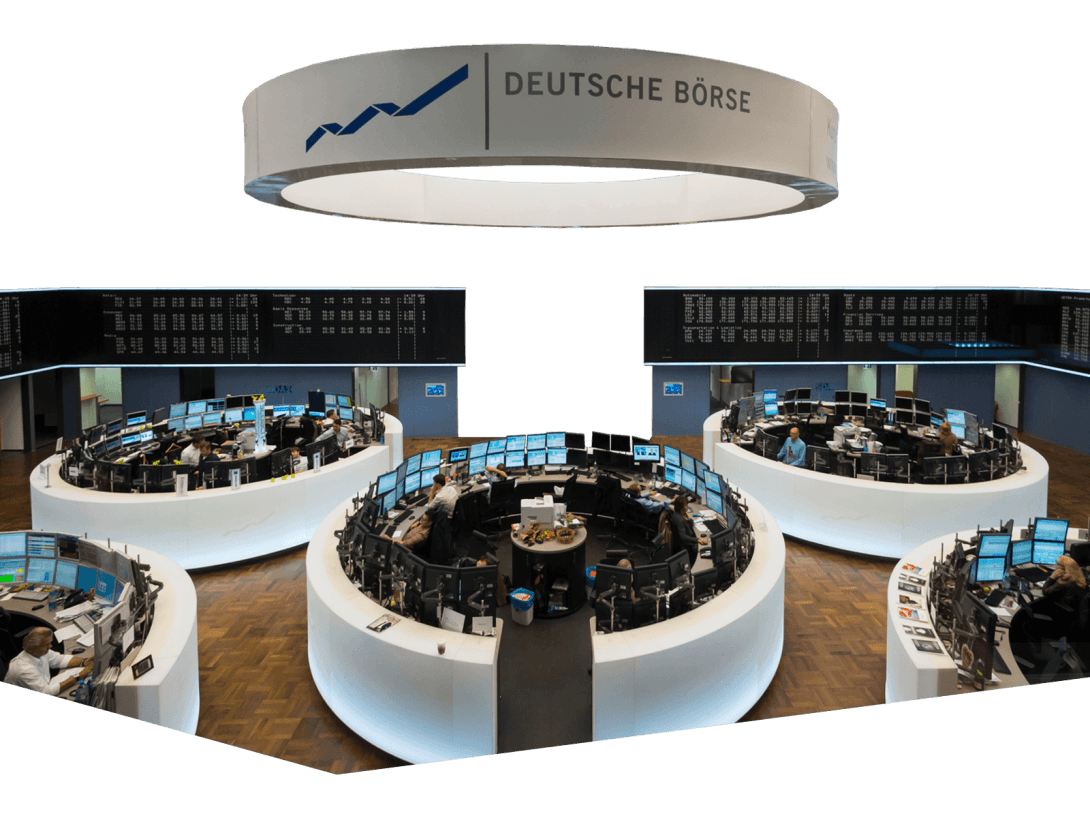As an investor, it is important that you take taxes into account when making financial decisions. But in Germany, there is no need to take matters into your own hands: the taxes owed on capital gains are withheld and sent to the tax authority by the bank when you withdraw your money. It’s important, however, that you submit a declaration for exemption (Freistellungsauftrag) to your bank in order to make use of the “Sparer-Pauschbetrag”, a lump sum tax exemption on savings. Once you have done that, you will only have to pay taxes if your gains exceed this allowance. Here is what you need to know about taxes when investing in shares and funds in Germany:
Flat rate withholding tax is automatically offset
If you sell stocks or shares, the capital gains are subject to a flat rate withholding tax of 25 percent. The same applies to dividends and payouts obtained as capital gains. The solidarity surcharge and any church tax will also be applied. The bank will automatically withhold this tax and send the money to the tax office. In principle, losses are offset by profits or ongoing capital income. But there is an exception: losses from shares can only be offset by profits from shares. However, there is generally no need to list capital income on your income tax return.
Remember the declaration for exemption (Freistellungsauftrag)
You only have to pay taxes if your investment income exceeds the lump sum tax exemption on savings (Sparer-Pauschbetrag). So it’s important to remember to submit a declaration for exemption. This allows you to instruct your bank to credit your capital gains to the amount of the exemption, which is currently 1,000 EUR, without deductions. No withholding tax will be charged on this income.
Married couples and registered partners filing jointly have access to double the exemption amount, which can be divided as they see fit. A joint declaration for exemption can also be filed for individual bank accounts or securities accounts held by only one of the couple. This allows the couple to earn up to 2,000 euros each year in interest, dividends, etc. without owing taxes.
And of course, declarations for exemptions can be changed or re-issued at any time. It’s a good idea to check, at the end of each year, whether the exemptions are spread optimally across your bank and securities accounts.
That’s because if you have more than one bank account, you can submit more than one declaration of exemption. Of course, you still have to ensure that the exemptions do not exceed a total of 1,000 euros per person per year.
Non-assessment certificate (Nichtveranlagungsbescheinigung) for low income earners
If you do not need to pay taxes due to low income, you are not subject to withholding tax and can apply for a non-assessment certificate with the tax office. The current basic tax allowance (Grundfreibetrag) is set at 11,604 euros per year, in addition to the itemised expenses exemption of 36 euros.
If you send this certificate to your bank, they are allowed to pay you all interest and other capital income without tax deductions, even if you have already exceeded the savings exemption amount.
You can find an application for a non-assessment certificate, usually valid for three years, at your local tax office or on the German revenue authority’s website.
Standard flat charge (Vorabpauschale) when no shares are sold
If you hold shares in an investment fund and they pay no or only very low dividends, you are still required to pay the standard flat charge even if you do not sell any shares. The standard flat charge is calculated anew each year using the basic interest rate, and will be deducted at the beginning of the year. In 2024, the charge is approximately 1.6 percent.
This is designed to ensure that investors who do not sell their shares still pay taxes each year on the added value those shares represent.

